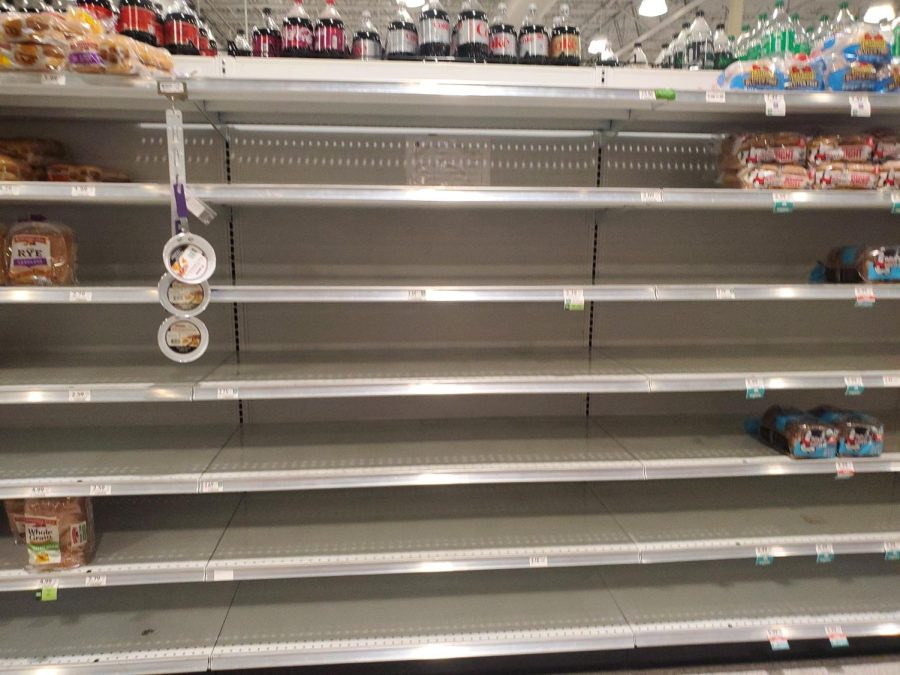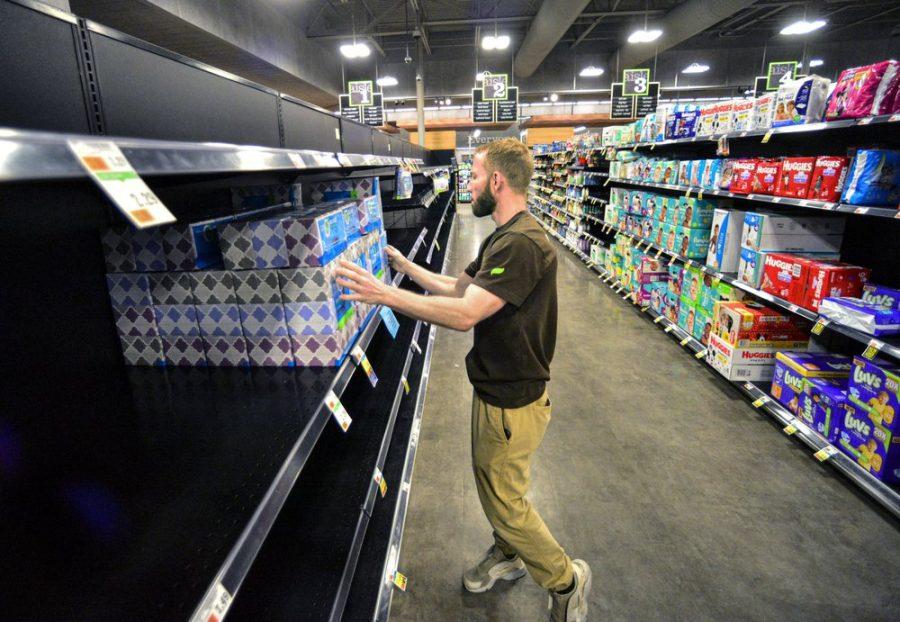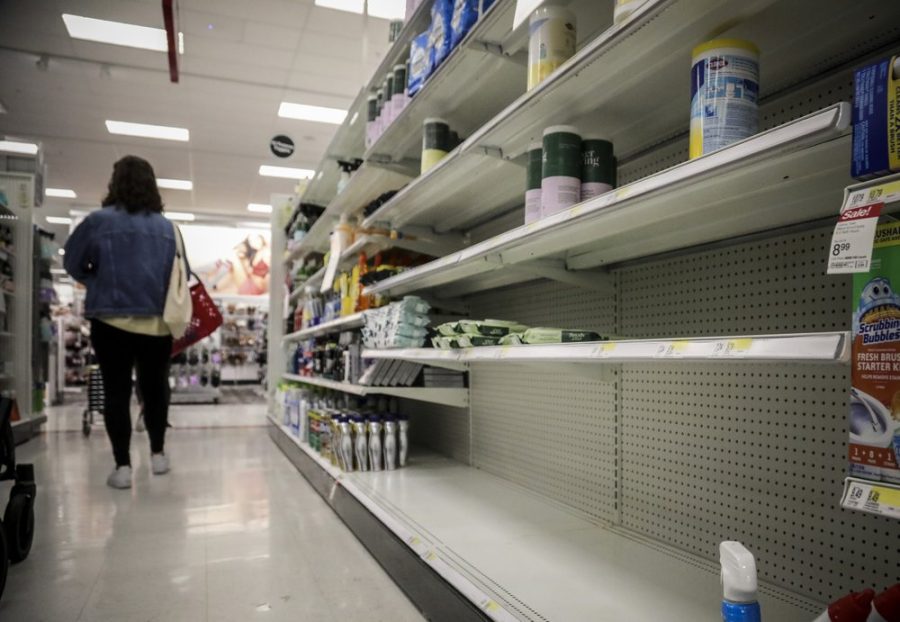Now that Hurricane Ian has passed Florida, it’s time to assess the damages. Thankfully, my home back in Orlando suffered only minor damage. Although my family’s home lost power, it was only for one day. Needless to say, we were extremely fortunate in our experience with the storm.
On the other hand, it will likely take months or even years to rebuild the areas most affected by Ian, with coastal cities like Fort Myers and Naples being hit the hardest. However, even if you live in areas that were spared from the worst of the hurricane, like my home city of Orlando, there is still a need to assess… why you bought four 24-packs of bottled water for a storm you knew wasn’t going to hit you head-on (you know who you are).
If you’re from Florida (or any hurricane-ridden area), you’ve seen it every year. The empty shelves in Publix. The shopping carts filled to the brim with water. The frantic nature of shoppers around you. If you didn’t know a hurricane was coming, you would think that you were in a scene from World War Z. If you didn’t know already, this phenomenon has a name: panic buying.

Essentially, panic buying is hoarding essential items during times of crisis. It’s nothing new: we’ve seen it during COVID-19 (the Great Bathroom Tissue Shortage of 2020) and continue to see it every hurricane season. Well, if we see it happening every year, clearly it must be somewhat effective, right? I hope you’re not asking. Well, to answer your hopefully-not-serious question, no. It’s ineffective and extremely wasteful, not to mention it also takes away from people who actually need those supplies.
So, why do we continue to do it? The answer is quite simple- panic buying is people taking their anxieties out by focusing on the things they can control. You can’t control whether a hurricane is coming, but you can control how much toilet paper you have in your bathroom or how many batteries you have stockpiled in your home office. Panic buying is like stress-eating, except instead of gaining an extra few pounds, you prevent other people from getting what they need.

Take college students, for example. From personal experience, I usually can only afford to buy groceries for a few weeks at a time. Now, if I find that the stores I typically shop at are out of the things I usually get, then I won’t be able to get what I need. Also, because what I usually get is out of stock, I might have to buy other, more expensive things instead. In this case, I could find everything I need, but I might not be able to afford it.
Even people who only need a few things get screwed. Another example: I can imagine someone who has diabetes would need a certain type of battery for their blood glucose monitor. However, if they’re sold out at all the stores they shop at, then that person can’t monitor their blood sugar levels, which can lead to long-term health issues.

The phenomenon of panic buying forces consumers to do something quite rare: think about other people while they shop. Sure, you’ll get what you need, but it’ll be at the expense of everyone else who won’t be able to find what they need. The solution? Slow down, take a deep breath, and only buy what you need. Last time I checked, Publix isn’t going out of business anytime soon.
___
For more information or news tips, or if you see an error in this story or have any compliments or concerns, contact editor@unfspinnaker.com.

















